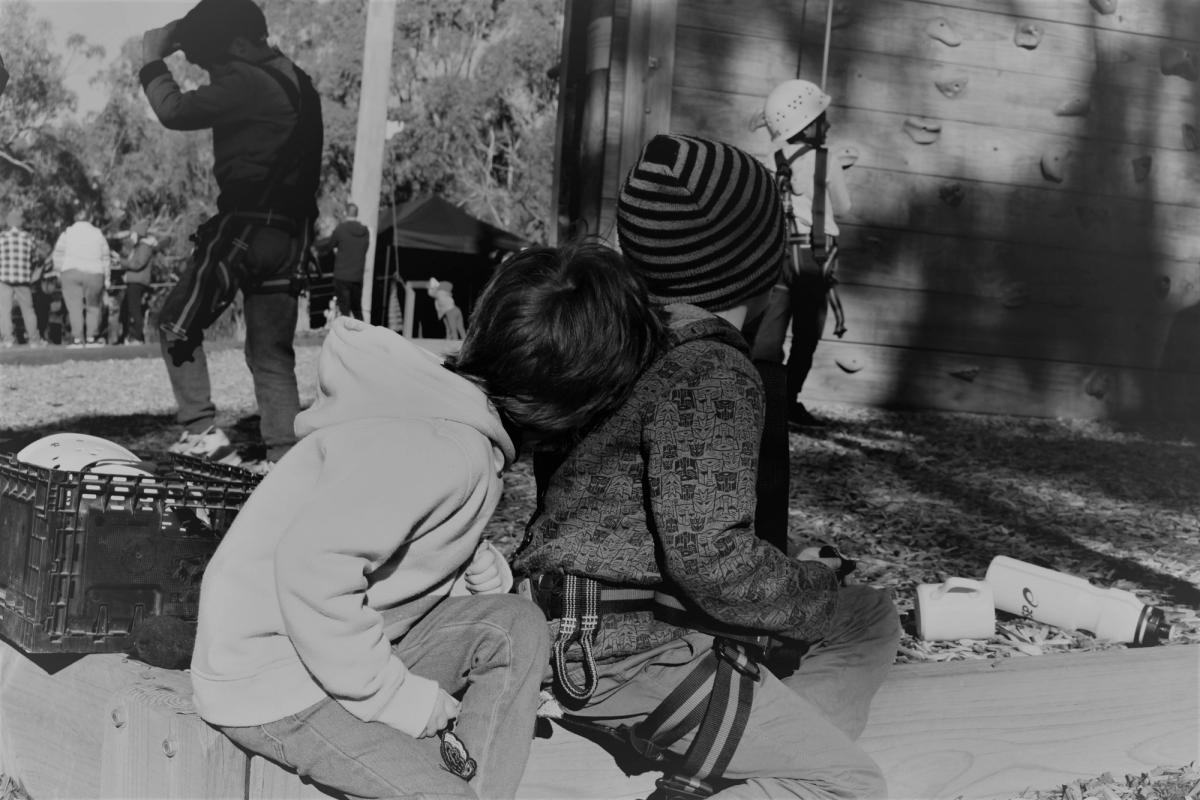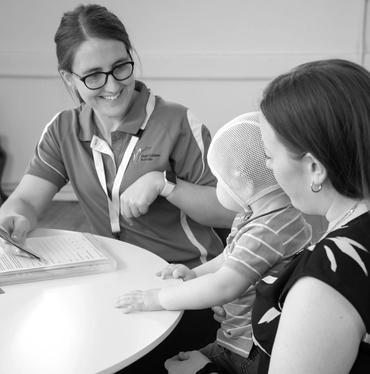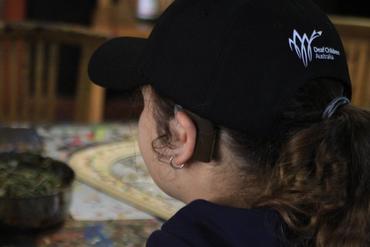Who do I need in my support team? Hints, links and more.
If you have a child who’s deaf or hard of hearing, it’s important to build a team around you who can support your journey. Your family are at the heart of that team, which will also include a range of health and education professionals.

Here’s some of the members you might need on your child’s and family’s support team.
General practitioner
Your general practitioner (GP) is often the first person you’ll see for any healthcare needs. They are likely to be involved in many aspects of your child’s care, so it’s important to find one you feel confident in and comfortable with. Some things they might support you with include the day-to-day care of any medical conditions, referring you to other specialists or allied health professionals, and acting as a coordinator for different healthcare services.
To find a good family GP in your area, you could ask for recommendations from friends and family. This short article by the Royal Australian College of General Practitioners has advice about choosing a GP.
Specialist doctors
Your GP might also refer your child for assessment and advice from a specialist doctor.
Ear, nose and throat (ENT) specialist
ENT specialists are doctors trained in the management of ear, nose and throat conditions, including ear infections and hearing disorders. All children who are deaf or hard of hearing should be referred to an ENT specialist. They may be involved in diagnosing the cause of your child’s hearing loss and treating any underlying conditions, such as ear infections. Some also perform cochlear implant surgery.
Paediatrician
Paediatricians are doctors specialising in the care and treatment of infants and children. It’s advised that all children who are deaf or hard of hearing should see one. They can monitor your child’s growth and development and any additional health needs.
Geneticist
Geneticists are specialists in genetic disorders. They may be involved in finding out whether your child’s hearing loss has a genetic cause and advising you about the risks of a similar situation occurring if you have more children.
Ophthalmologist
Ophthalmologists are specialists in diagnosing and managing eye disorders. It is recommended that all children who are deaf or hard of hearing see an ophthalmologist, because they are more reliant on their vision and because hearing loss is commonly associated with eye problems.
If your deaf or hard of hearing child also has additional needs, they may need to see other specialist such as a cardiologist (heart specialist), nephrologist (kidney specialist) or neurologist (nervous system specialist). Your GP will advise you whether any specialist input is needed.
Teacher of the Deaf
Teachers of the Deaf are teachers who have completed extra training to teach children who are deaf or hard of hearing. They work across a variety of settings, including schools, early intervention services, early childhood programs and people’s homes.
Social workers or family support workers
A social worker or family support worker can give you information and advice about the supports available to you, including financial assistance, legal help and early intervention services. They can also support you to access these services and resources.
Parent Mentors
Parent Mentors are parents of a deaf or hard of hearing child who’ve been trained to provide guidance and support in the early days after diagnosis. Many parents feel overwhelmed at this time. Families often find it’s very helpful to talk to someone with lived experience of a similar path who can offer unbiased information, support, and encouragement. Learn more about our Parent Mentor Program here.
Other health and educational support
Several other support services and professionals might form part of your team. Click the links below to learn more about them.



